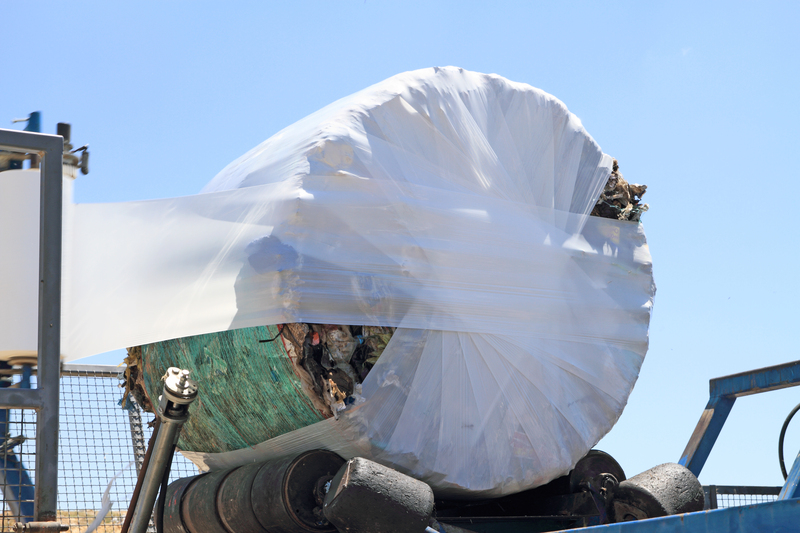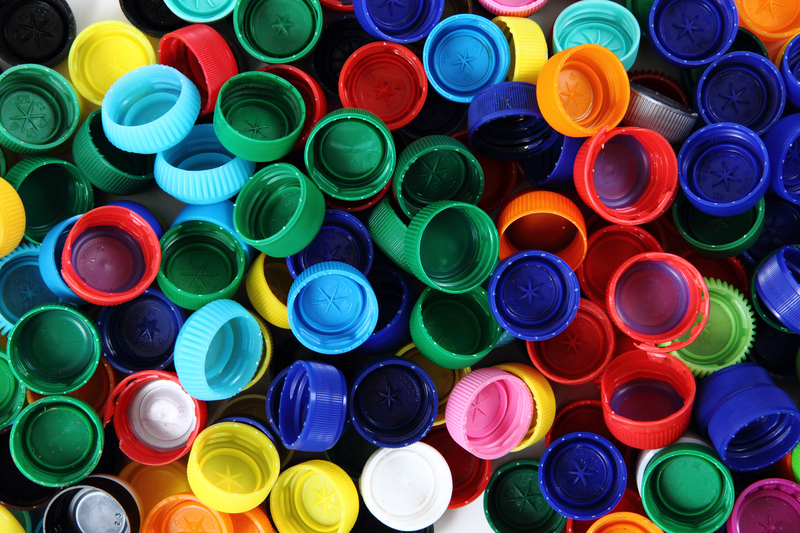Tips for Identifying Which Pots and Pans Can Be Recycled
Are you upgrading your kitchen and wondering what to do with your old cookware? Knowing how to properly dispose of or recycle pots and pans is crucial for the environment. This comprehensive guide will provide practical tips for identifying which cookware items are recyclable, helping you reduce waste and support a greener planet.
Why Recycling Pots and Pans Matters
Recycling cookware goes beyond just decluttering your home; it helps conserve natural resources, reduces landfill waste, and minimizes the carbon footprint. With millions of pots and pans discarded every year, finding eco-friendly disposal solutions is more important than ever.
Environmental Benefits of Recycling Cookware
- Reduces landfill waste: Metal can take centuries to break down, so recycling pots and pans prevents unnecessary landfill buildup.
- Conserves resources: Recycling metals like aluminum and stainless steel conserves raw materials used in production.
- Energy savings: Processing recycled metals uses far less energy than mining and refining new ores.

Types of Pots and Pans That Can Be Recycled
Identifying recyclable cookware depends mostly on the material and condition of each item. Some pots and pans--like those made from raw metals--are widely accepted at recycling facilities, while others may need special handling.
Commonly Recyclable Cookware Materials
- Stainless Steel: Highly recyclable for its durability and purity. Most local scrap yards or metal recycling centers accept stainless steel pots and pans.
- Aluminum: Lightweight and resistant to corrosion, aluminum pans are in high demand for recycling.
- Copper: Though less common in modern kitchens, copper pots are valuable to recyclers and often accepted at specialized metal centers.
- Cast Iron: Very heavy and long-lasting; cast iron cookware can usually be recycled or even refurbished.
Cookware Materials That Are Harder to Recycle
- Non-stick (Teflon-coated): The chemical coating complicates the recycling process; some facilities may not accept these.
- Glass or Ceramic: Most curbside programs do not accept glass-ceramic cookware like Pyrex.
- Enamel-coated: Enamel or painted finishes may require specialized recycling.
- Plastic Handles and Lids: Often need to be removed before recycling metal body.
Expert Tips for Identifying Recyclable Pots and Pans
1. Check for Recycling Symbols and Labels
One clear sign that your cookware can be recycled is the presence of a recycling symbol or number. Turn your pot or pan over and look for a recycling code or symbol (typically three chasing arrows with a number inside). While not all kitchenware will have this, some modern brands do add such marks, making sorting easier.
2. Assess the Core Material
Understanding what your pan is made of is crucial. Separate your stainless steel, aluminum, or copper pots and pans from those with plastic or non-stick coatings.
- Stainless steel is magnetic, durable, and rarely rusts.
- Aluminum is lightweight, often dull or matte, and usually non-magnetic.
- Copper has a distinctive reddish-brown finish.
- Cast iron is heavy, dark, and sometimes rusty.
3. Remove Non-Metal Parts Before Recycling
Before bringing your old pots and pans for recycling, remove any non-metal components like plastic or wooden handles and glass lids. Scrap metal facilities only want the pure metal parts, so use a screwdriver to detach anything non-metal. Lids made entirely of glass or plastic generally go in regular trash or specialized recycling bins.
4. Examine the Condition of the Non-Stick Coating
Non-stick coatings (PTFE, Teflon) complicate recycling because they contain chemicals that metal recyclers cannot process. If your pan's surface is flaking or discolored, call your local recycling center to see if they accept non-stick items, or consider removing the coating yourself (if safe to do so).
5. Contact Your Local Recycling Facility
When in doubt, always check with your municipality or a nearby scrap yard. Not all recycling programs accept cookware, especially those with coatings or mixed materials. Share details on what your pots and pans are made of, and ask about preparation requirements or alternative drop-off sites.
How to Prepare Pots and Pans for Recycling
- Clean thoroughly: Remove all food residues and wash your cookware before recycling.
- Remove attachments: Detach plastic, rubber, or glass parts from metal components.
- Group like materials: Bundle together pots and pans made from the same metal for easier processing.
- Transport safely: Use a sturdy bag or box to avoid injury from sharp edges.
DIY Tip: Repurposing Old Cookware Before Recycling
If your pans are not recyclable due to non-stick coatings or damage, consider creative reuse before disposal. Old cookware makes excellent organizers, plant pots, or creative art pieces. Upcycling helps delay landfill contribution and gives cookware a new life.
Where to Recycle Old Pots and Pans
Finding the right place to recycle cookware ensures your items are processed responsibly. Options include:
- Local Scrap Yards: Most accept pure metal pots and pans, including cast iron, copper, and stainless steel.
- Household Recycling Centers: Ask whether metal cookware is included in their program.
- Special Collection Events: Communities sometimes hold recycling drives for hard-to-recycle items, including kitchenware.
- Donation Centers: If your pans are still usable, many charities and thrift stores will accept them for reuse.
Notable National Retail Programs
- TerraCycle: Offers paid recycling solutions for complex materials, including non-stick pans.
- Scrap Metal Buy-Backs: Some scrap yards pay for aluminum, copper, or steel cookware by weight.
- Retail Take-Back Programs: Certain cookware brands offer take-back schemes or trade-in discounts.
Common Questions About Recycling Cookware
Can I Put Pots and Pans in My Curbside Recycling Bin?
Most curbside recycling services do not accept pots and pans because they are bulky and may jam processing machinery. Take these items to a local recycling center or scrap metal facility instead.
Are Non-Stick Pans Recyclable?
Non-stick pans pose recycling challenges due to their chemical coatings. Some specialized facilities can recycle them if the coating is removed first; otherwise, consider using TerraCycle or local take-back programs.
What Should I Do with Cookware in Good Condition?
If your pots and pans are still functional, donate them to a local thrift shop, homeless shelter, or community kitchen. Donation is the most sustainable option before recycling or disposal.
Summary: Recycling Kitchen Pots and Pans - Best Practices
- Identify your cookware's material--metal items like aluminum, cast iron, or stainless steel are widely recyclable.
- Remove non-metal attachments and clean your old pots and pans to prepare for recycling.
- Contact local recycling centers or scrap yards to confirm they accept your cookware materials.
- Never place pans in curbside recycling bins unless your municipality specifically allows it.
- Opt for donation or creative reuse if recycling is not possible.

Sustainable Tips for Choosing Future Cookware
Make your next cookware purchase with recycling and sustainability in mind:
- Buy high-quality, long-lasting pans that reduce the need for frequent replacement.
- Choose pans with recyclable materials like stainless steel, copper, or cast iron.
- Avoid unnecessary coatings or choose eco-friendly ceramic finishes.
- Look for manufacturer recycling or take-back programs before purchase.
Conclusion: Embrace Responsible Recycling Practices for Pots and Pans
Recycling old pots and pans can seem daunting, but with these tips for identifying which kitchenware can be recycled, you can make sustainable choices that benefit the environment. Whether you're dropping off pure metal pans at the scrap yard, participating in a take-back program, or finding new homes for usable cookware, every responsible action contributes to a cleaner, greener planet. Make recycling part of your kitchen routine and inspire others to do the same!
If you found these tips useful, share them with your friends and family to spread awareness about proper cookware recycling. Together, we can reduce waste and preserve natural resources for generations to come!
